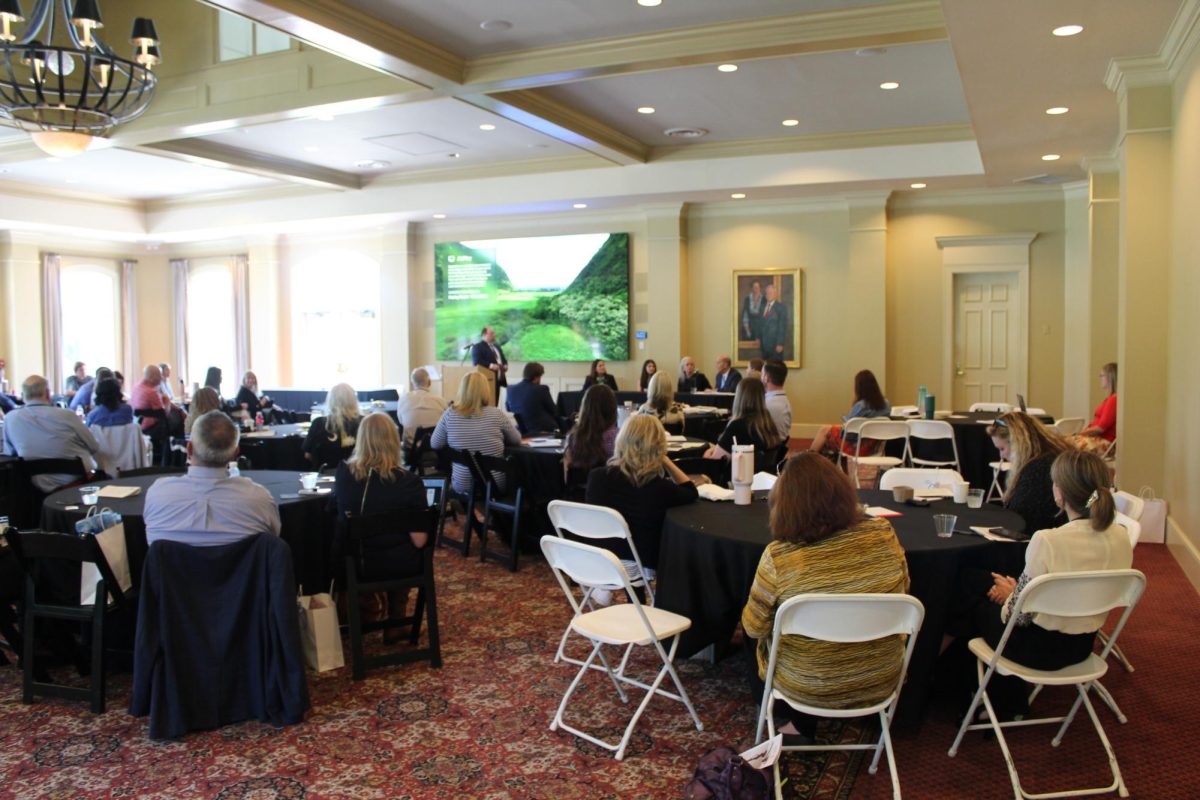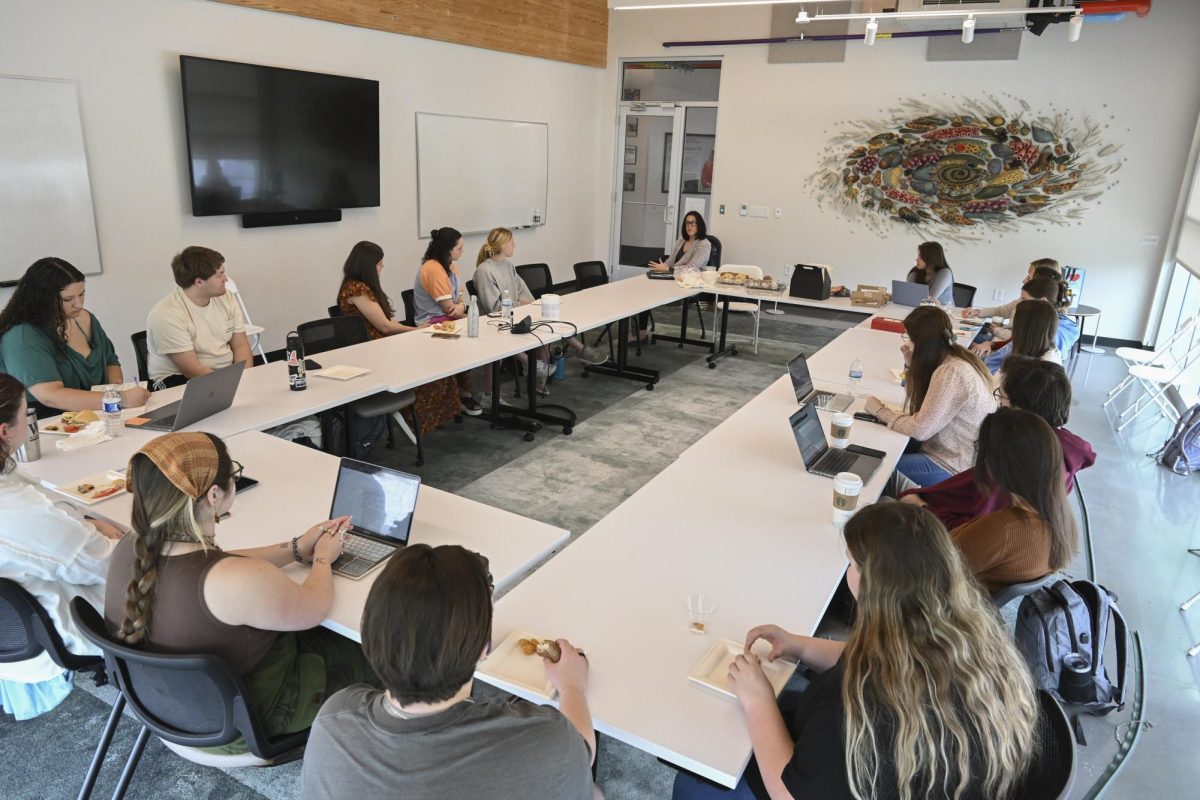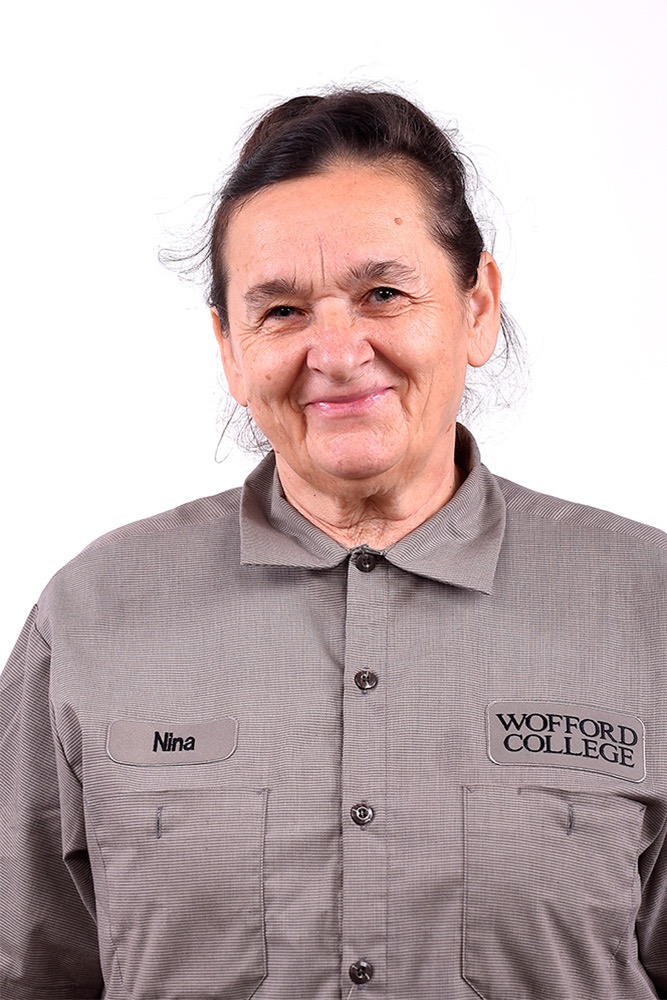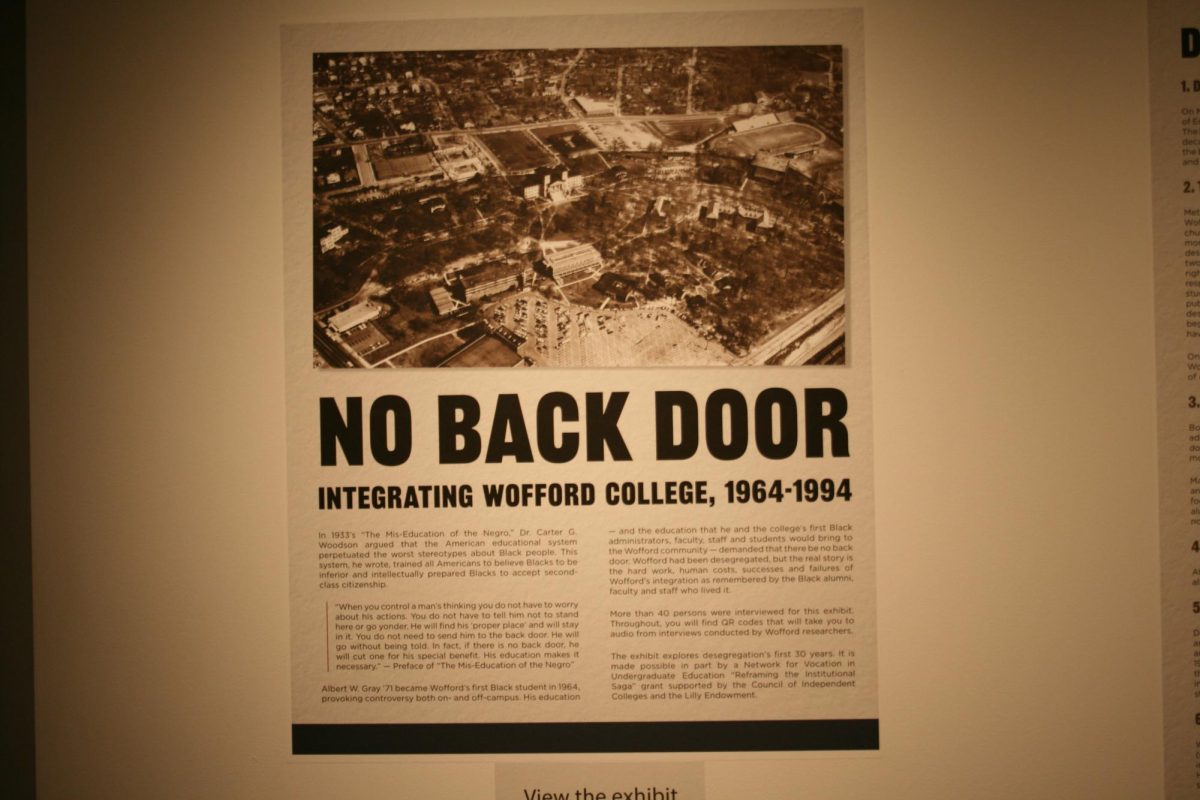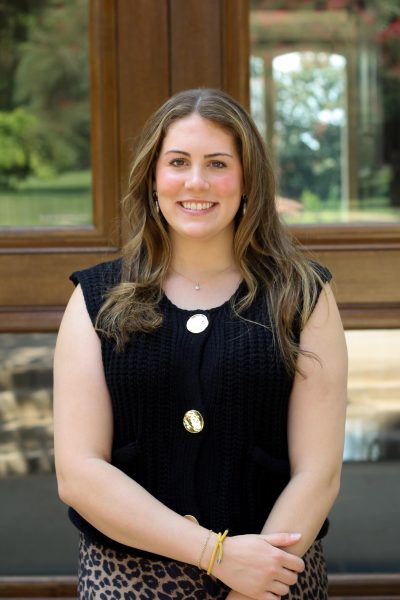On May 3, over a hundred attendees gathered to bear witness to Fernando Bermudez sharing his story. Bermudez spent 18 years of his life in prison for a crime he didn’t commit. Accused of a murder, Bermudez spent years incarcerated and worked tirelessly to prove his innocence. He was finally exonerated in 2009.
This story was one of many addresses and panels that took place during the South Carolina Innocence & Justice Conference. Attorneys, nonprofits for the cause and students spoke and attended, examining the processes and failures of South Carolina’s justice system.
Former Chief Justice of the South Carolina Supreme Court Costa Pleicones, spoke about the case of Richard Charled Johnson, another man that was failed by our judicial system. Johnson was executed for a double murder on a statement that the primary witness recanted before his death. Justice Pleicones dissented the decision when it was made under his court and to this day believes that Johnson was innocent.
South Carolina has an infamous and long history with wrongful conviction, all the way back to the wrongful execution of a 14 year old George Stinny Jr.
To ignore or passively acknowledge this history is to support it. Actively fighting against it is the only way that change will take place. This conference was just one way that participants could learn more and begin to actively fight against wrongful convictions in South Carolina.
Wrongful executions like this are unfortunately not uncommon, and wrongful convictions occur even more frequently. That was the precedent for the conference: understanding how South Carolina’s judicial system can change for the better. That was Professor Dawn McQuiston and Wofford’s Innocence Initiative considered when planning and hosting the conference.
Charting the Course was the theme of the day, and the conference did just that. Conference attendees had the opportunity to ask panels of experienced professionals about ways to safeguard against wrongful conviction, allowing insight into the ways that wrongful convictions happen and how to help.
Representatives from both Georgia’s Innocence Project and North Carolina’s Center on Actual Innocence gave insights into similar initiatives active across the country and both how behind South Carolina is and how we can catch up.
The conference was one of hope, despite the upsetting subject. The message inspired hope for change and growth in the state. It also showcased an understanding of how the state has failed in the past, so that we do not repeat those mistakes in the future. History does not have to repeat itself.





























